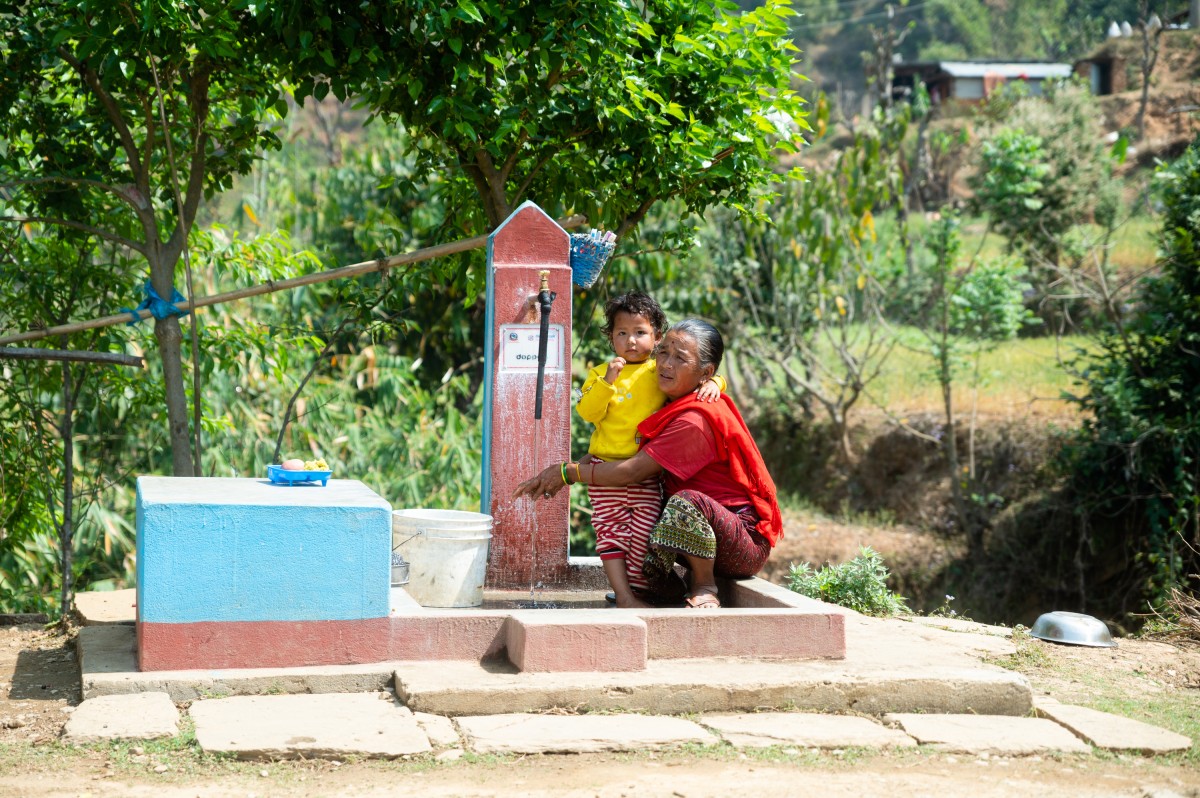UN Water Conference 2023 off for a good start
The road to the UN Water Conference 2023 in New York may still be long, but the Conference itself is off for a good start.
That’s our conclusion after studying the report that was published a few days ago, containing the input of 146 stakeholders worldwide, including our own. This report will inform the decision of the UN on the final 5 round tables.
High ambitions
The ambitions for this UN Water Conference, the first since 1977, are high. It will focus on the sustainable development and integrated management of water resources for the achievement of social, economic and environmental objectives. It will also focus on the implementation and promotion of water programmes and projects. As well as on the furtherance of cooperation and partnerships at all levels.
More than infrastructure
That’s a lot, so it is important that the input from girls and women is not overlooked. We need to avoid the risk that the conference will be dominated by discussions on infrastructure and technology. That’s why I’m happy that the importance of subjects like feminist leadership, local solutions and partnerships for impact – input we also submitted – is recognised in the report.
Climate, Water, and Feminist leadership
Women and girls are especially affected by inadequate access to water and sanitation because of gender related cultural and social factors and inequalities combined with gender related needs around menstruation and pregnancy. Women and girls are often the ones responsible for managing the household water supply. This also means that women are in a unique position for finding solutions and sustainable adaptation methods. Learning from their knowledge, experience and challenges is essential for creating sustainable access to water in a changing climate.

Global challenges, Local Solutions
Many communities in the global south have a strong connection to the lands they live on. Climate change and water challenges have been part of their realities for a long time, and there is a much to learn from their interaction with the environment to adapt and overcome, not solely focussing on big infrastructure projects. An interactive dialogue with community leaders could enrich our approach to water solutions, but also create a space where civil society and government can come together.
Partnerships for Impact
These huge challenges cannot be solved without strong partnerships. We need combine the expertise and networks of civil society, knowledge institutes, public actors, and private sector to reach the SDG6 goals. We therefore proposed to bring together delegates from different sectors and make them come together to discuss projects that have been a success, but also the initiatives that have failed. What can we learn from each other?
The way forward
I think this Stakeholder consultation has proven to be a good start towards an inclusive Conference, and we hope that the input and summary report will be taken to heart in the preparatory discussions. Only by creating spaces where everyone can contribute, we can solve the urgent water challenges that we face today. We are happy to find the Dutch government – that is hosting the Conference together with Tajikistan – at our side. Let's not forget that the Netherlands has a long tradition in bringing together all the relevant stakeholders on water issues. Let’s build on that.
Brechje Oonk
Public affairs officer Simavi

